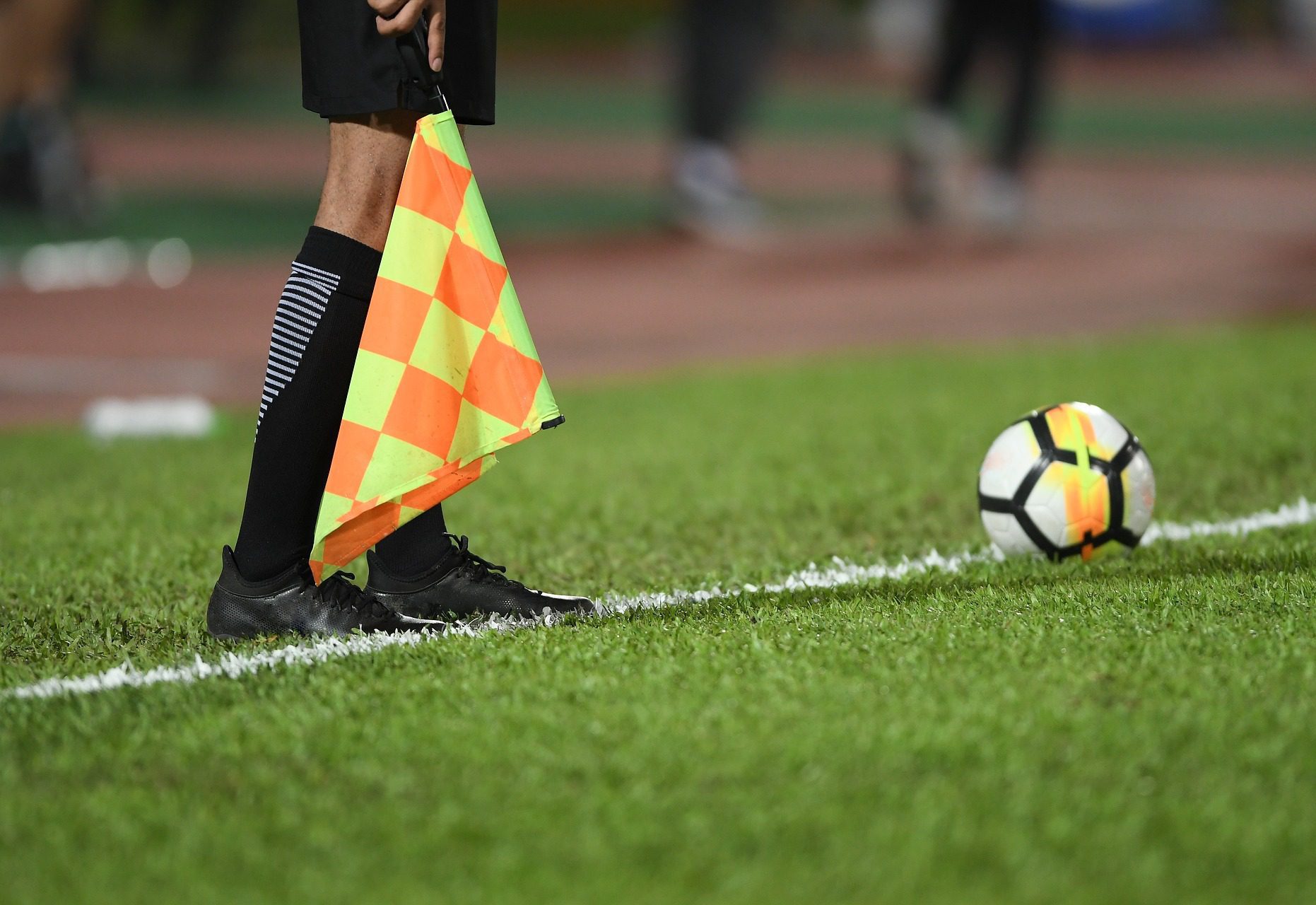Before we get too bound up in the World Cup matches, let me take you back to a recent Premier League game when Crystal Palace were home to Chelsea.
There was one small incident that created a lot of heat. Chelsea defender, Thiago Silva, deliberately knocked the ball out of Palace’s Jordan Ayew’s path, with his hand.
The Crystal Palace manager, Patrick Viera, felt that he should have been sent off for denying a goal scoring opportunity. The referee however, whilst giving a direct free kick to Palace, only supplemented this with a yellow card.
There are two situations here. Firstly, a deliberate handball does not in itself mean a red or yellow card. The penalty for a handball offence is a direct free kick, or a penalty if in the offenders own penalty area.
There are only three occasions when a yellow card should be added and only one when it should be a red card. The yellow cards come under the heading of ‘Unsporting Behaviour’.
These are if a player handles the ball to score a goal (whether successful or not), or if the player makes an unsuccessful attempt to prevent a goal. The third one is if a player handles the ball to interfere with or stop a promising attack.
A red card would be given if the handball denies a goal or obvious goal scoring opportunity. So after deciding the handball was deliberate, how does the referee judge whether it broke down a promising attack or denied a goal scoring opportunity.
The Law says for denying a goal scoring opportunity the player is sent off wherever the offence takes place, but it goes on to say, the referee must consider the distance between the offence and the goal and then the general direction of play’.
This usually means going forward but not necessarily. Consideration must also be given to ‘the likelihood of the attacker keeping or gaining control of the ball’. If the ball has run too far in front of the attacker for instance, it might mean he is unlikely to score.
Finally the referee must take into account’ the location and number of defenders’. In other words are there any on-field defenders who could tackle the attacker before he gets into what is obviously a goal scoring position.
Taking this all into consideration, in the Crystal Palace v Chelsea game, the referee obviously felt that Silva’s handball interfered with a promising attack, rather than denied a goal scoring opportunity.
By Dick Sawdon Smith











































